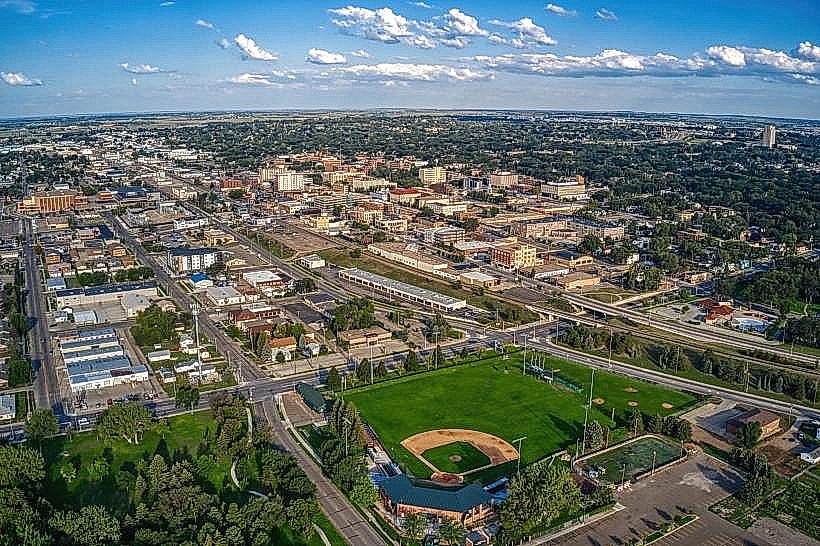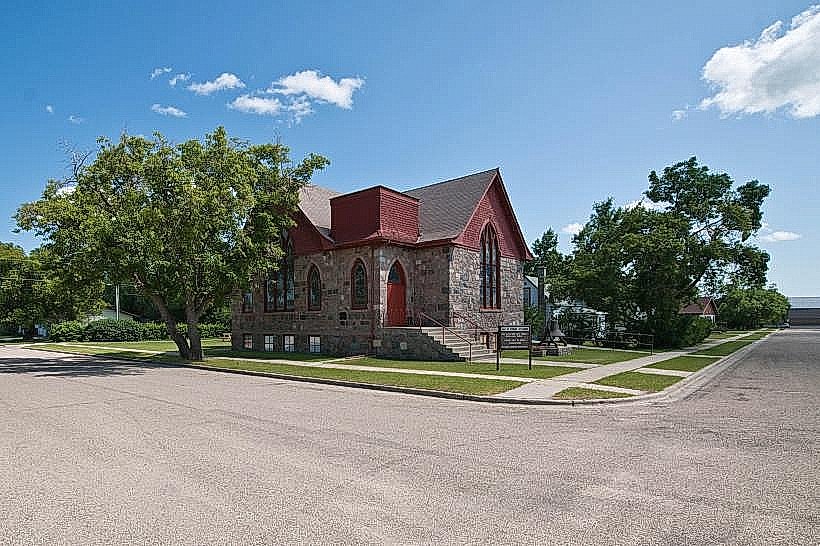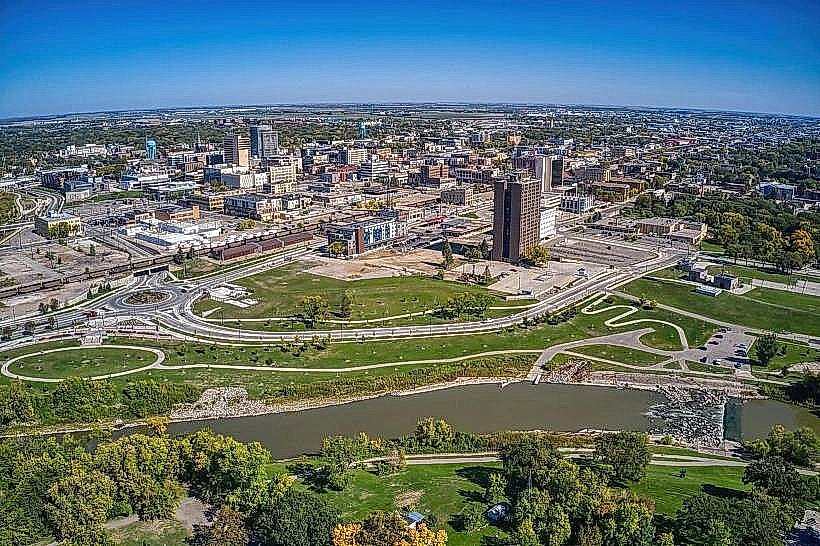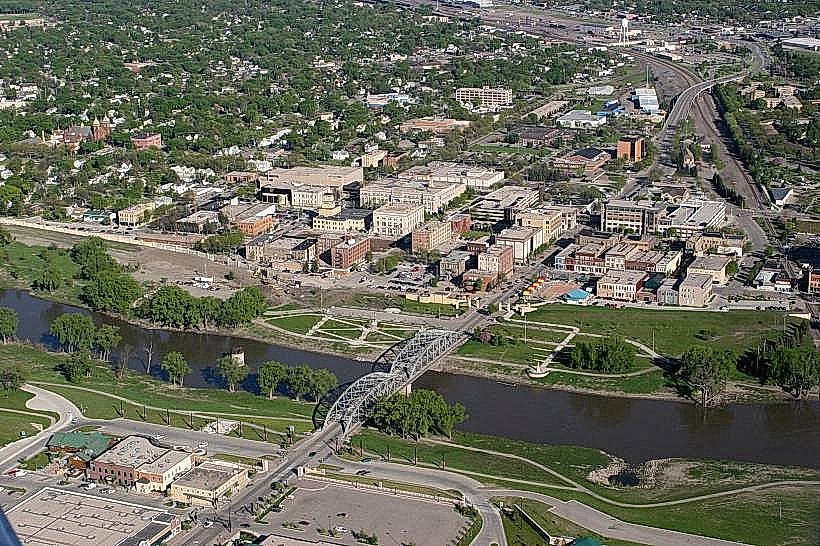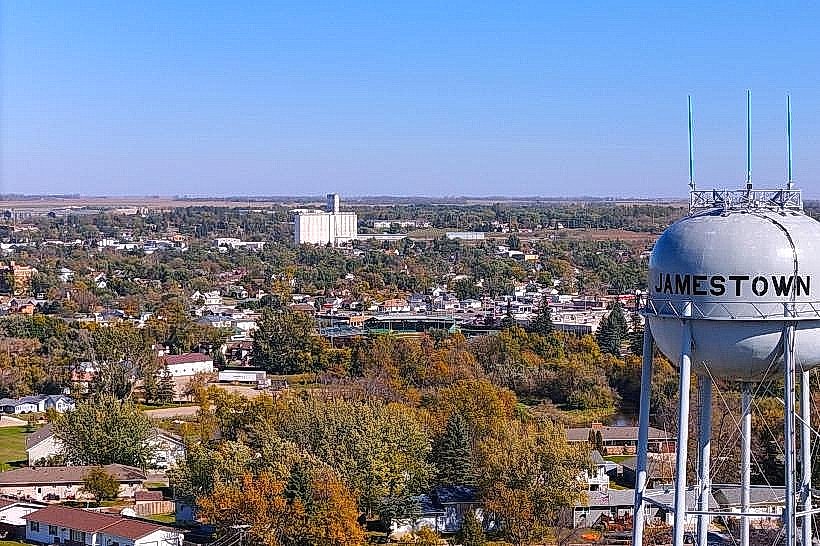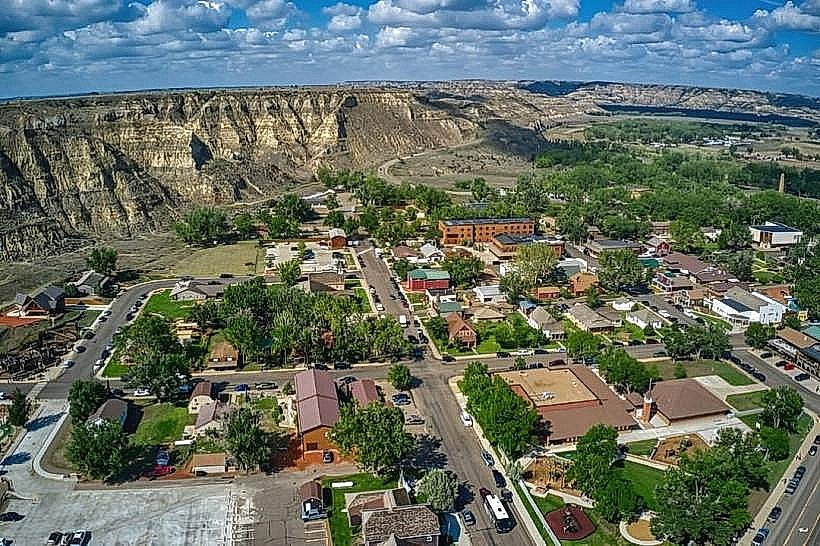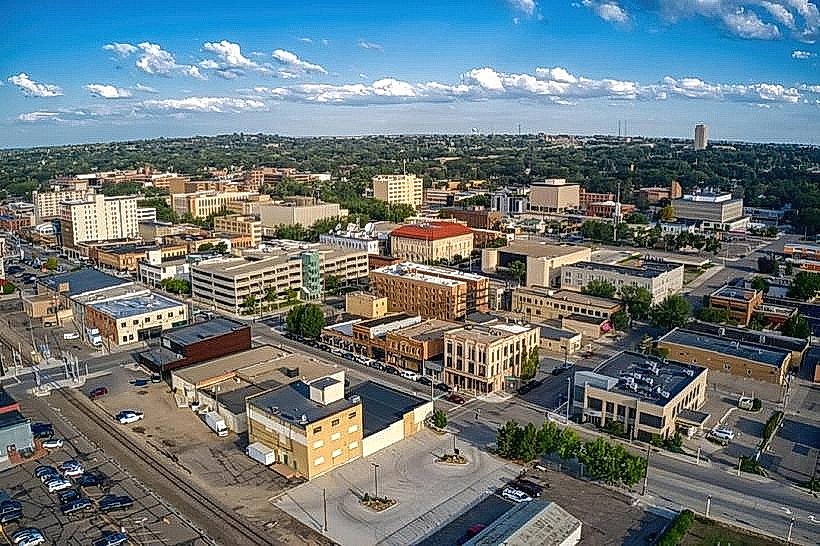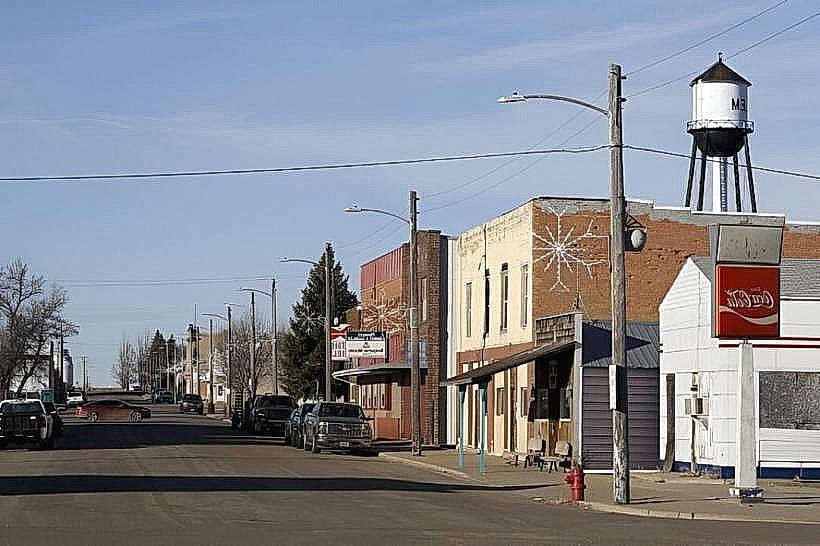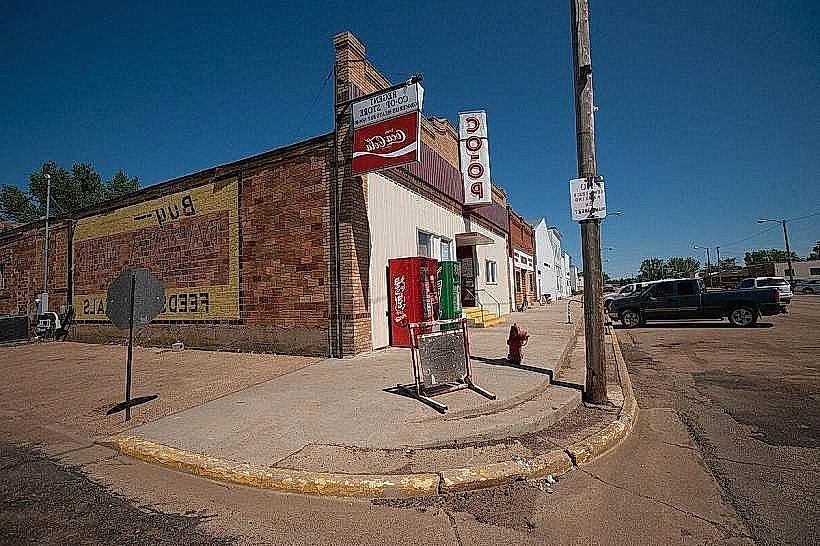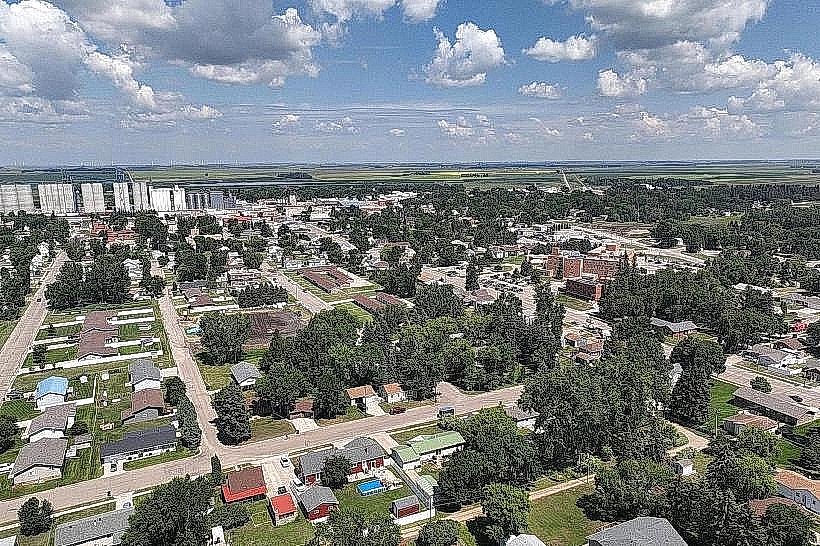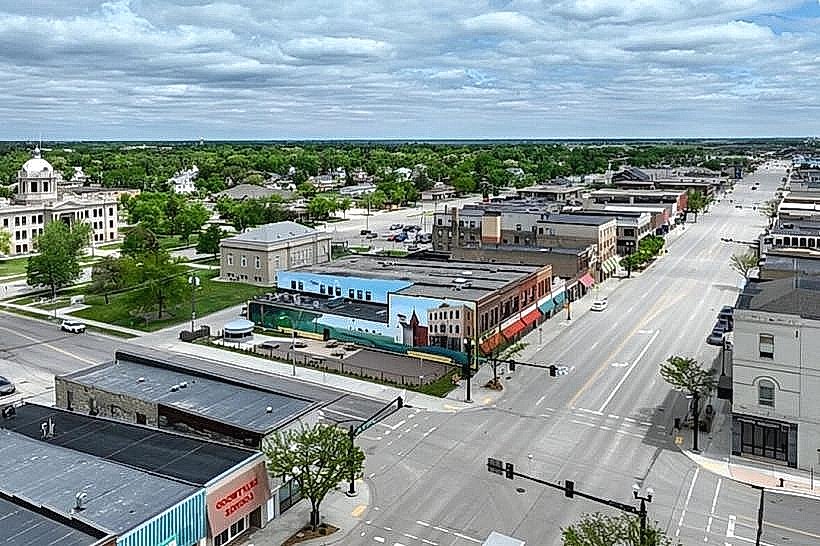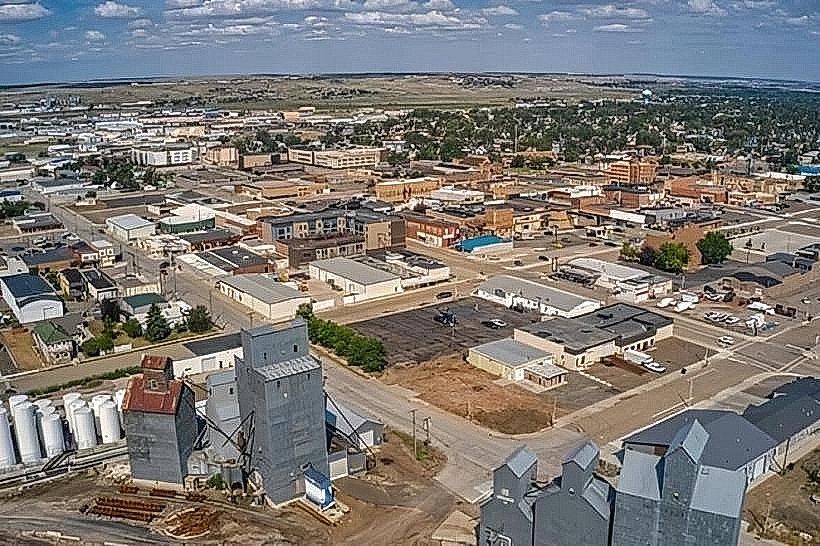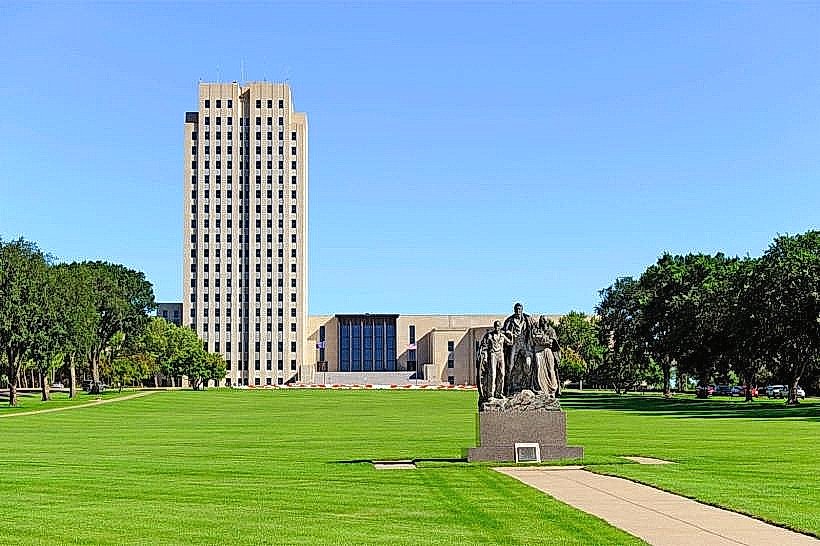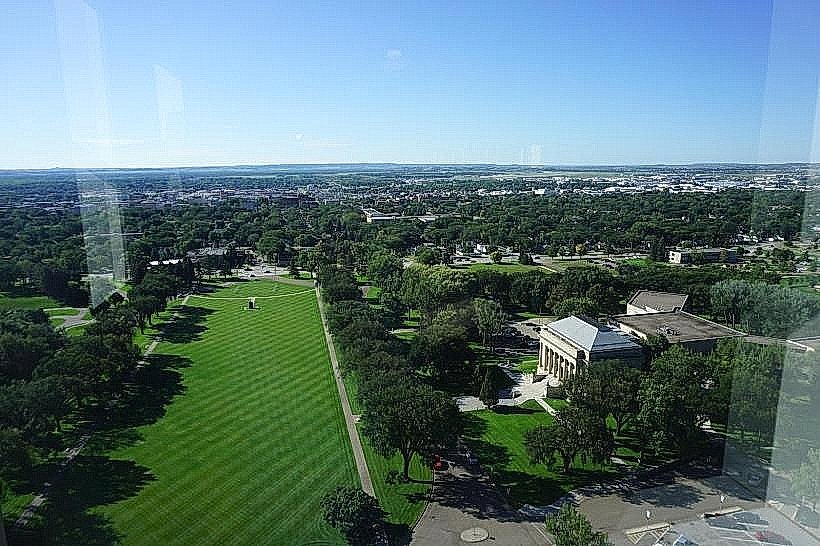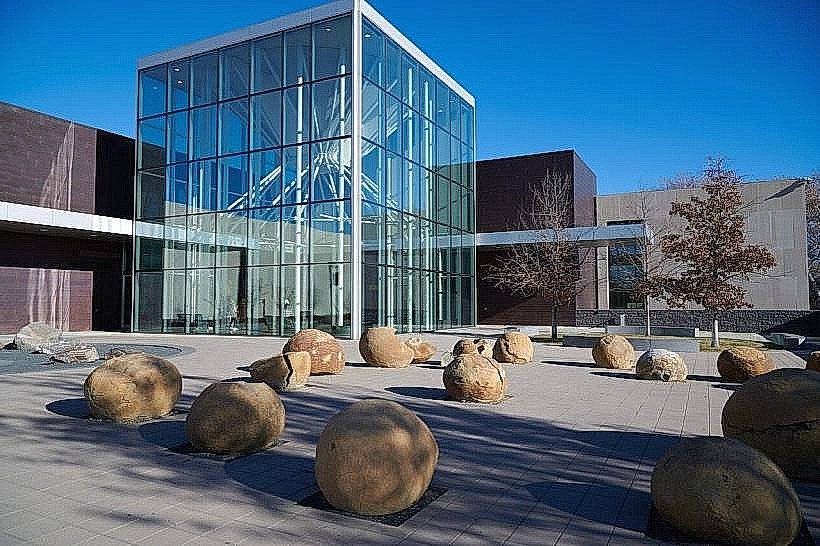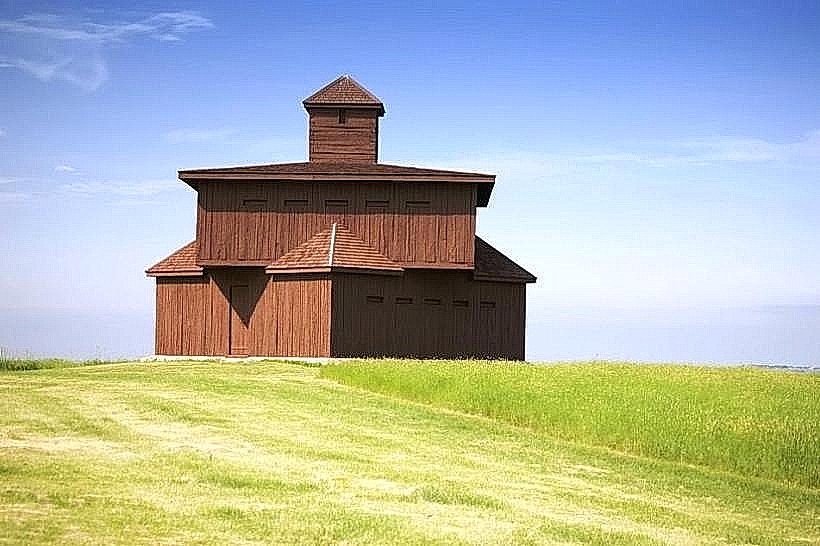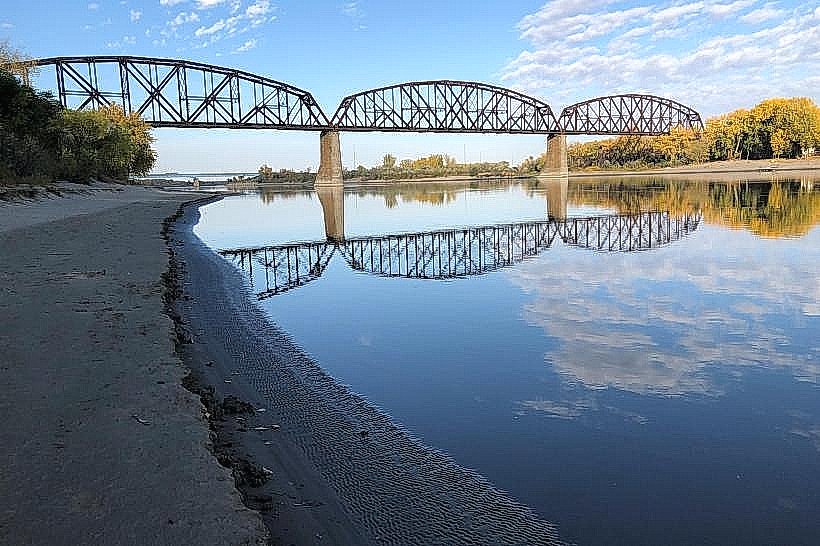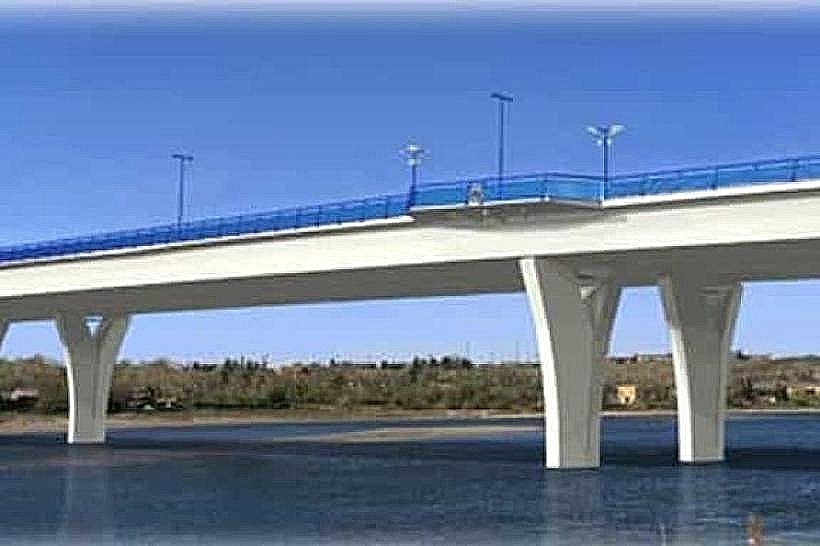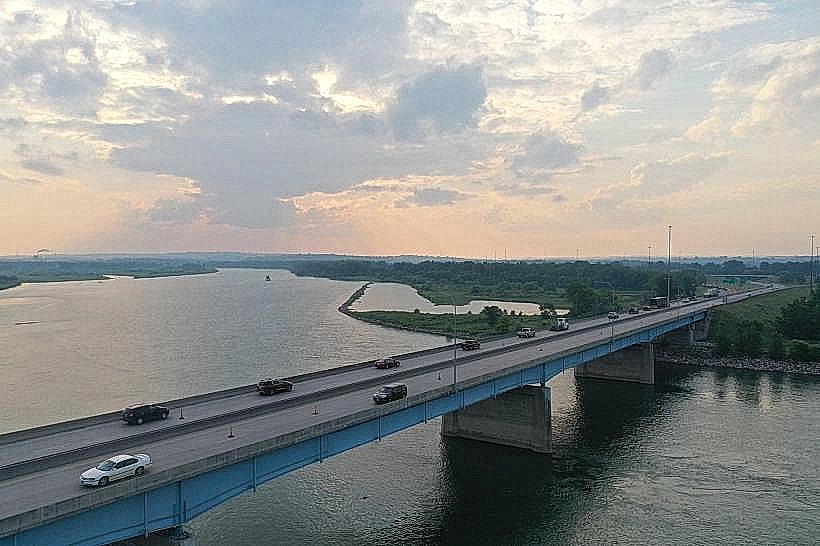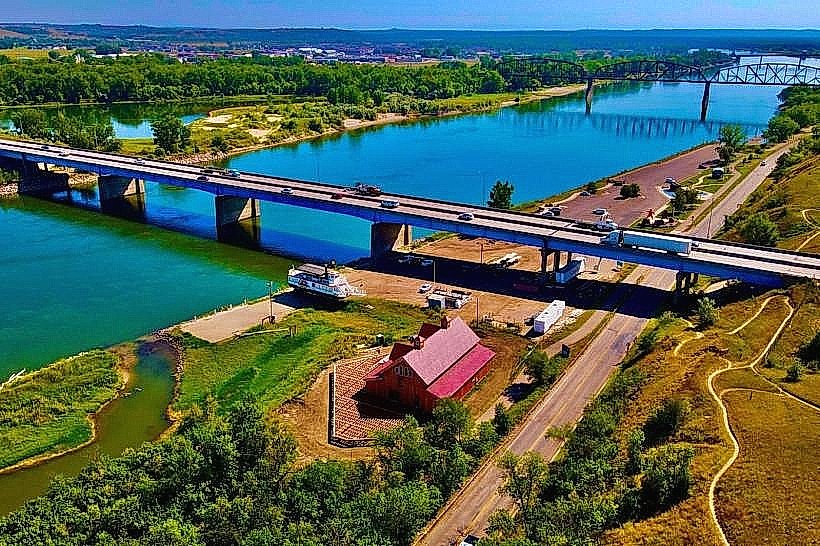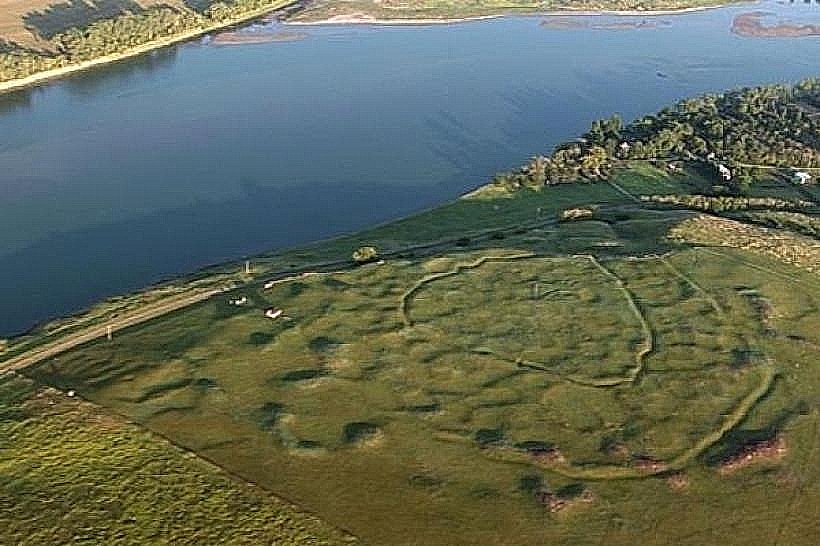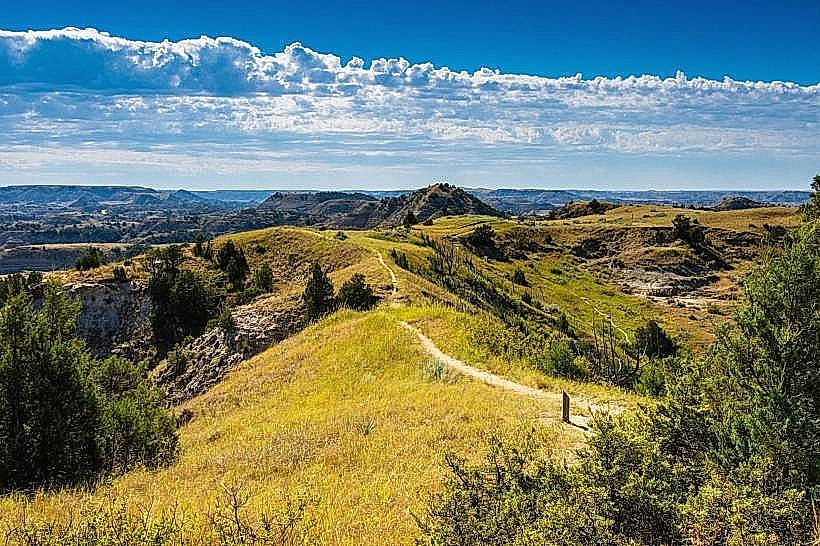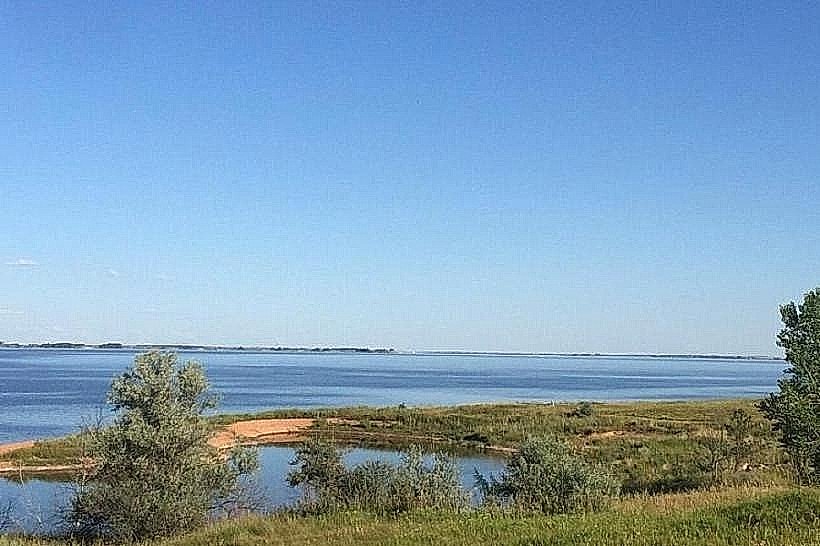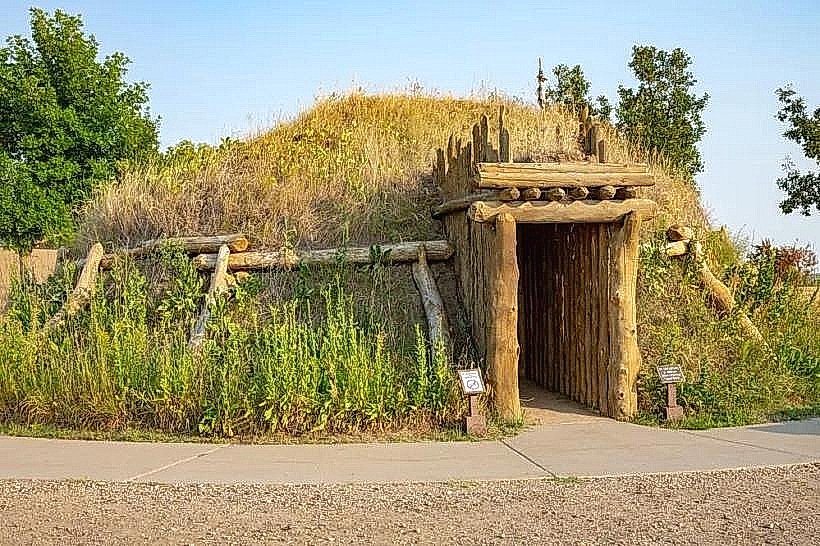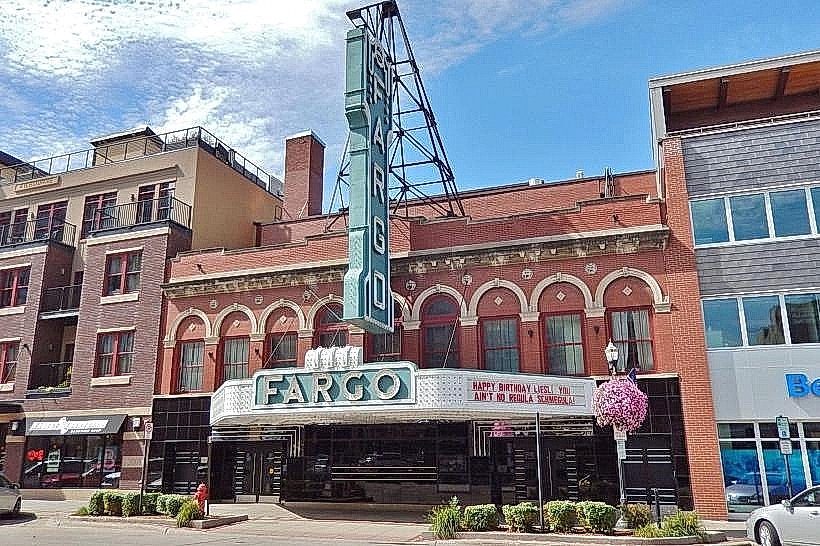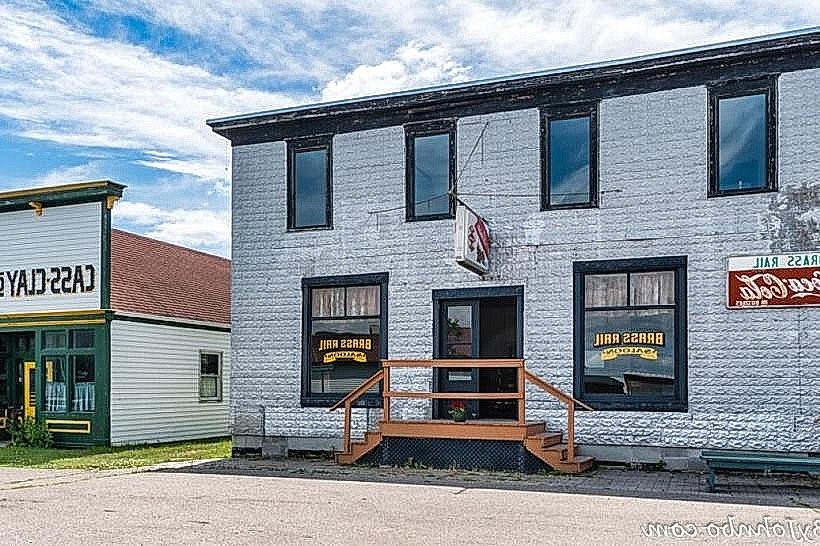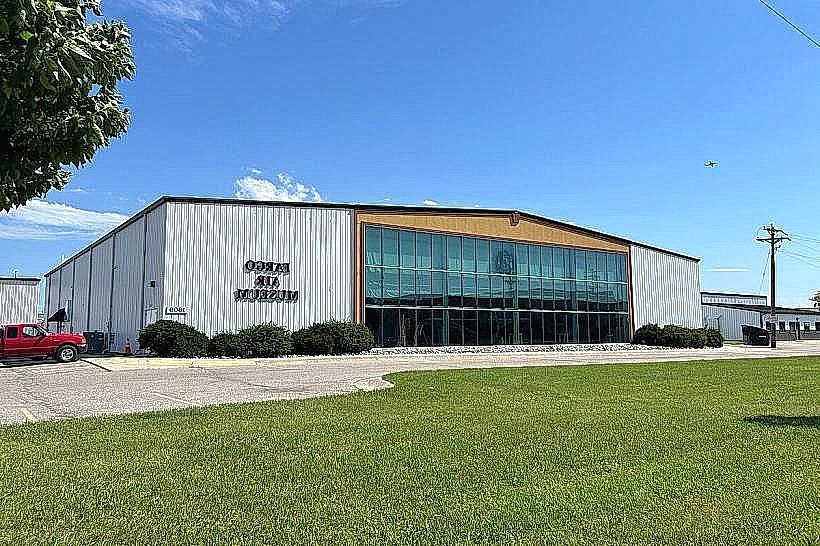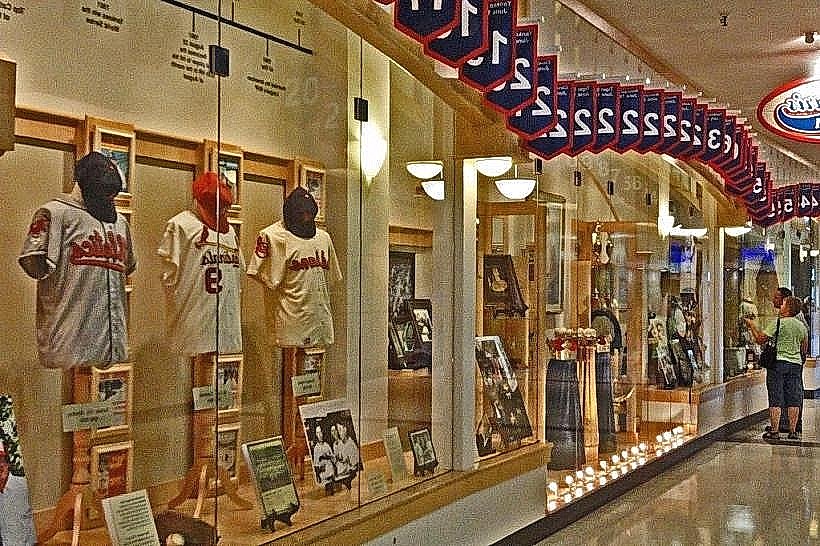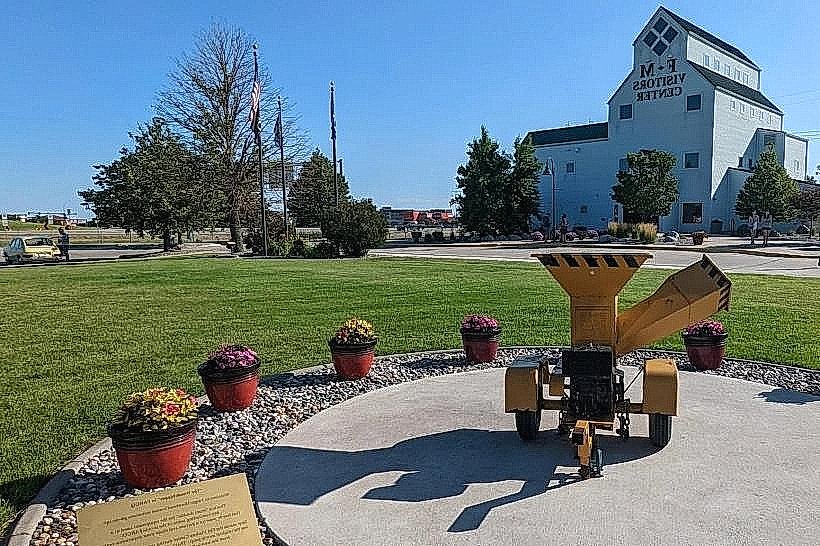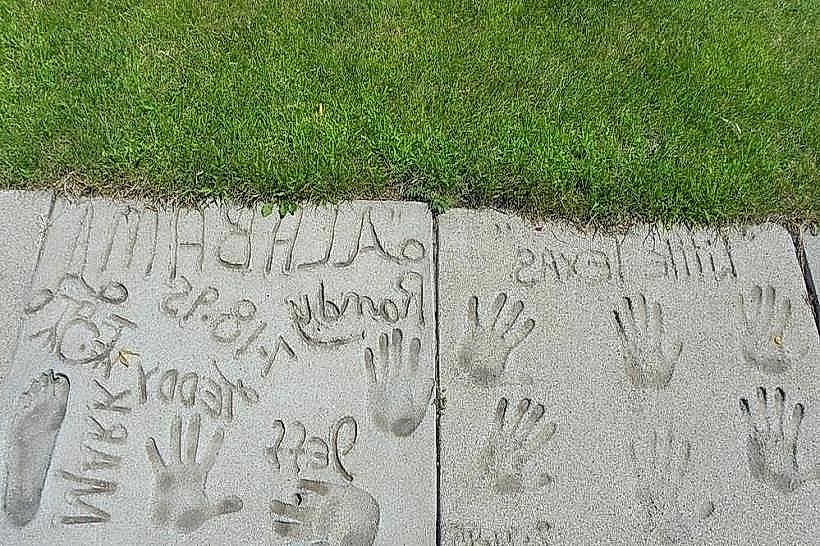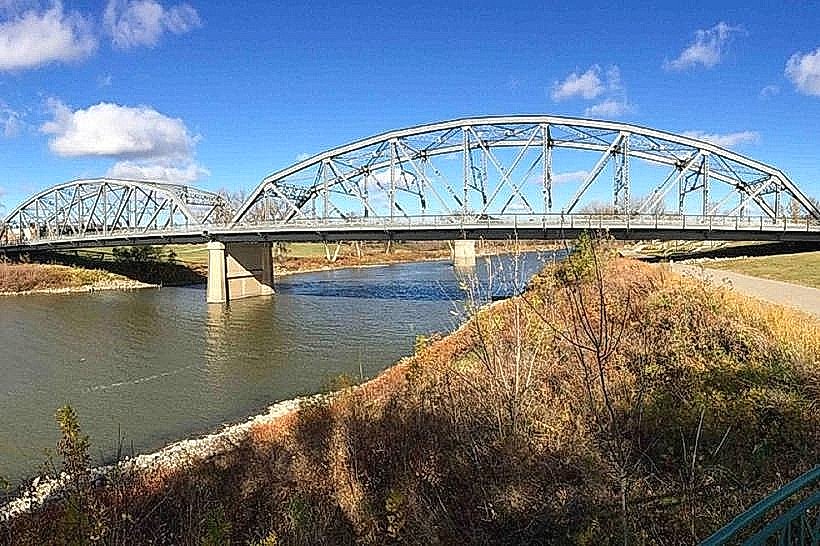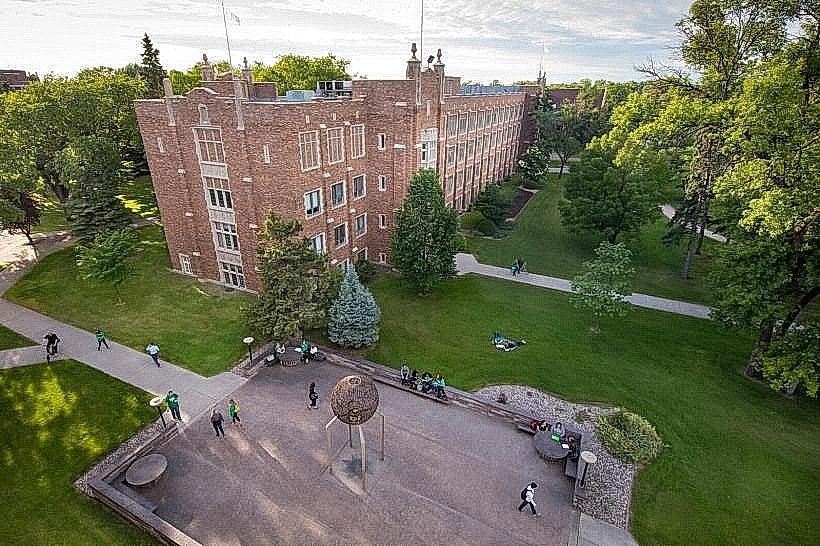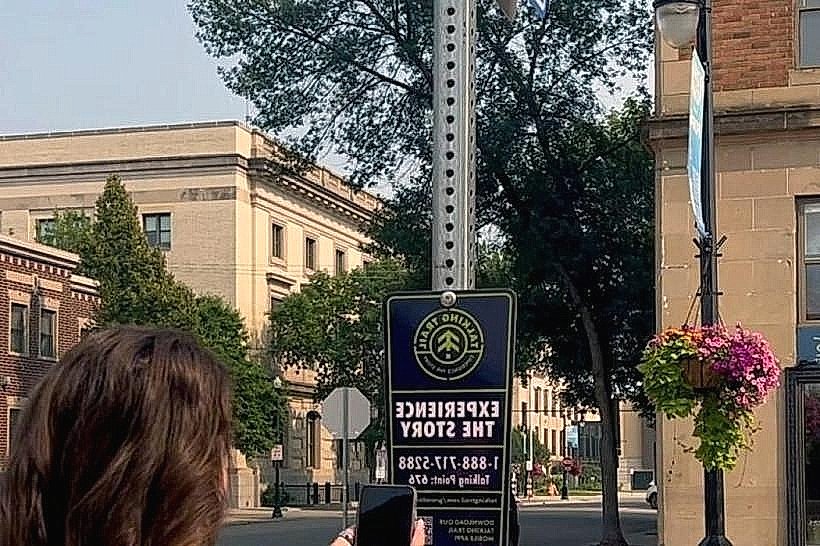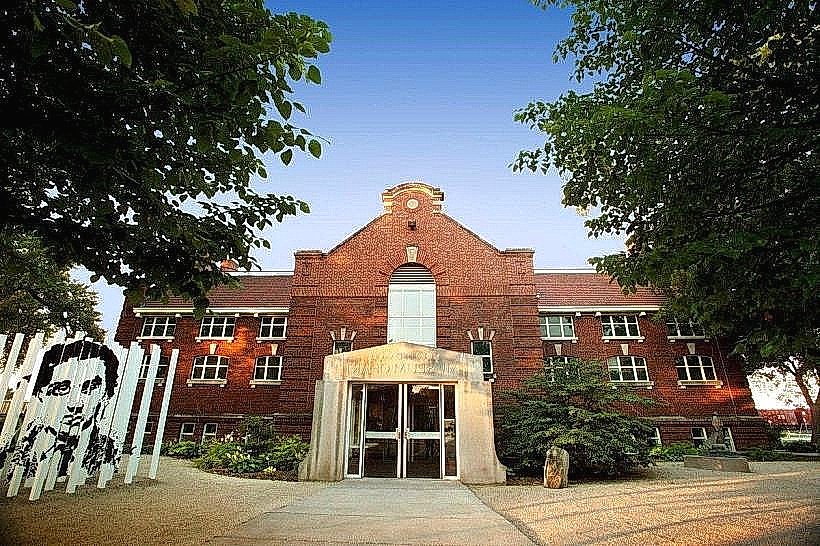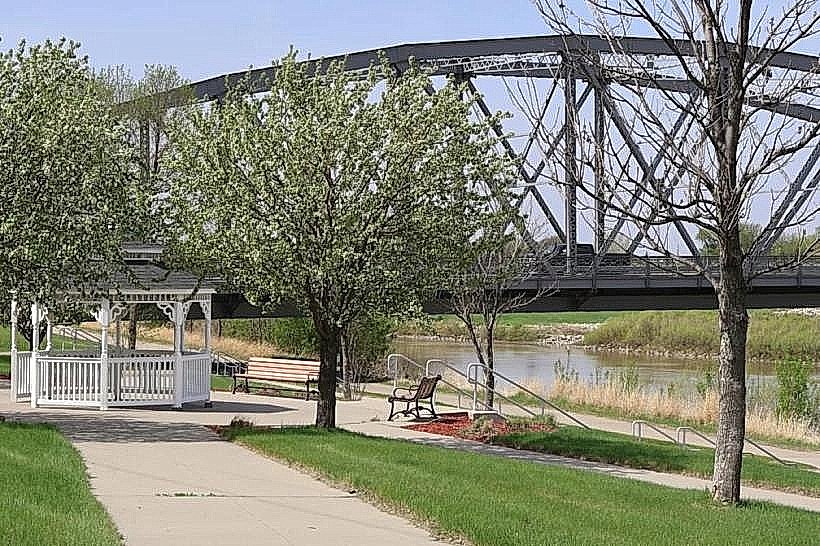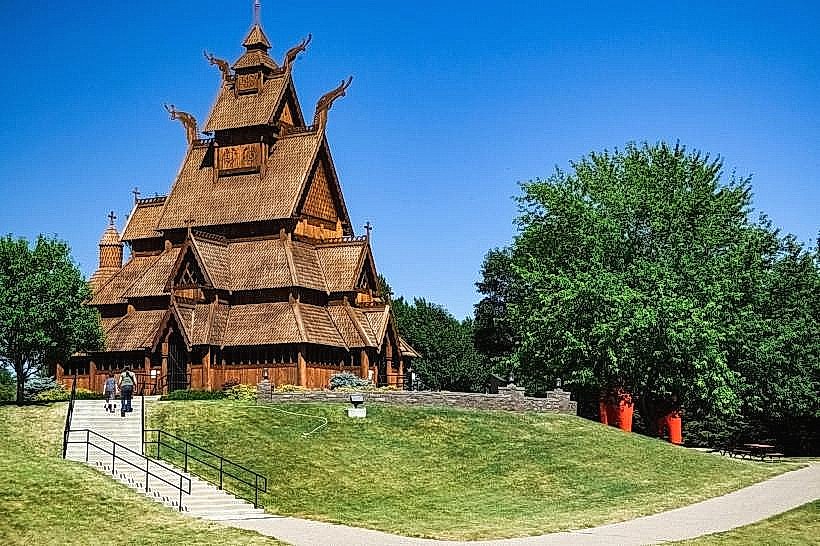Information
Country: USA North DakotaContinent: North America
USA North Dakota, North America
North Dakota is located in the Upper Midwest, bordering the Canadian provinces of Saskatchewan and Manitoba to the north, Minnesota to the east, South Dakota to the south, and Montana to the west. It is the 19th largest state by area and is characterized by the Red River Valley in the east, the Missouri Plateau, and the rugged Badlands in the west. The capital city is Bismarck.
History & Culture
North Dakota was admitted to the Union in 1889 as the 39th state. Its culture is deeply rooted in Northern European heritage (German and Norwegian) and a strong indigenous presence, with five federally recognized tribes and one state-recognized tribe. Social etiquette emphasizes "Dakota Nice"-a tradition of hospitality and reserve-and a standardized 18–25% tipping expectation.
Language & Communication
English is the official and universal language. Spanish and German are the most common secondary languages. Several indigenous languages, particularly Mandan, Hidatsa, and Arikara, are central to tribal cultural identity. The regional dialect is the Upper Midwestern accent, known for its distinctive elongated vowels.
Population & Economy
The population is approximately 796,500, having reached record highs due to sustained growth in the energy and tech sectors. GDP per capita is approximately $74,000 USD. The economy is a national leader in energy production (the Bakken Formation) and agriculture. Top export commodities include petroleum products ($1.6B), machinery ($1.1B), and agricultural goods like soybeans ($1.3B) and wheat ($1.2B). In 2026, the state is prioritizing property tax reforms to manage high growth rates in oil-producing regions like McKenzie County.
Visa & Entry Policy
Effective January 1, 2026, under Presidential Proclamation 10998, visa issuance is suspended or restricted for nationals of 39 countries. This includes a full suspension for nationals of 19 countries (e.g., Afghanistan, Syria, Burma) and partial restrictions for 20 others. Citizens of the UK and most EU nations require an ESTA for stays up to 90 days. Customs enforcement at Hector International (FAR) and Bismarck (BIS) is strict regarding agricultural products.
Currency & Payment Systems
The currency is the United States Dollar (USD). Card payments and mobile "tap-to-pay" are universal. Cash is common at rural grain elevators and for small tips. ATM availability is high, with dense networks in convenience store chains like Casey's and Simonson.
National Transport Grid
Intercity travel is dominated by the I-94 (East-West) and I-29 (North-South) corridors. Amtrak provides service via the "Empire Builder" line across the northern tier. Domestic aviation is anchored by Hector International (FAR) and Bismarck (BIS). In 2026, infrastructure focus remains on the "Bakken Area Skills Center" and energy-related roadway maintenance.
Digital Infrastructure
Major mobile network providers are Verizon, AT&T, and T-Mobile. North Dakota is positioned to become the first state in the U.S. to achieve 100% broadband coverage by 2028, with 95% of households already having access to 100 Mbps. In 2026, the state is utilizing federal BEAD funding to connect the final 279 unserved locations. Signal dead zones are frequent in the deep coulees of the Badlands.
Climate & Seasonality
The climate is continental, featuring extreme temperature fluctuations. For the 2025–2026 winter, weak La Niña conditions have resulted in colder-than-average temperatures and above-normal snowfall, particularly in the northern regions. Blizzards are a significant risk from November through March.
Health & Safety
No mandatory vaccines are required for entry. Specific environmental risks include extreme winter wind chill, which can reach life-threatening levels, and severe thunderstorms in the summer. The emergency number for Police, Ambulance, and Fire is 911.
Top 3 Major Regions & Cities
Red River Valley (Tech/Edu/Finance): Hub city is Fargo.
Missouri River Region (Gov/Energy/Trade): Hub city is Bismarck.
The Badlands/Bakken (Energy/Tourism): Hub city is Williston.
Local Cost Index
1L Water: $2.00 USD
1 Domestic Beer: $5.50 USD
1 Sim Card (Data Plan): $45.00 USD
Facts & Legends
North Dakota’s Badlands were named one of National Geographic’s "Best of the World" destinations for 2026. A prominent local legend is "The Miniwashitu," a red, hairy water monster with a single horn said to inhabit the Missouri River. Folklore also surrounds the Custer House at Fort Abraham Lincoln, where spirits are said to tap visitors on the shoulder. Additionally, the state is home to the world's largest buffalo monument, "Dakota Thunder," located in Jamestown.

